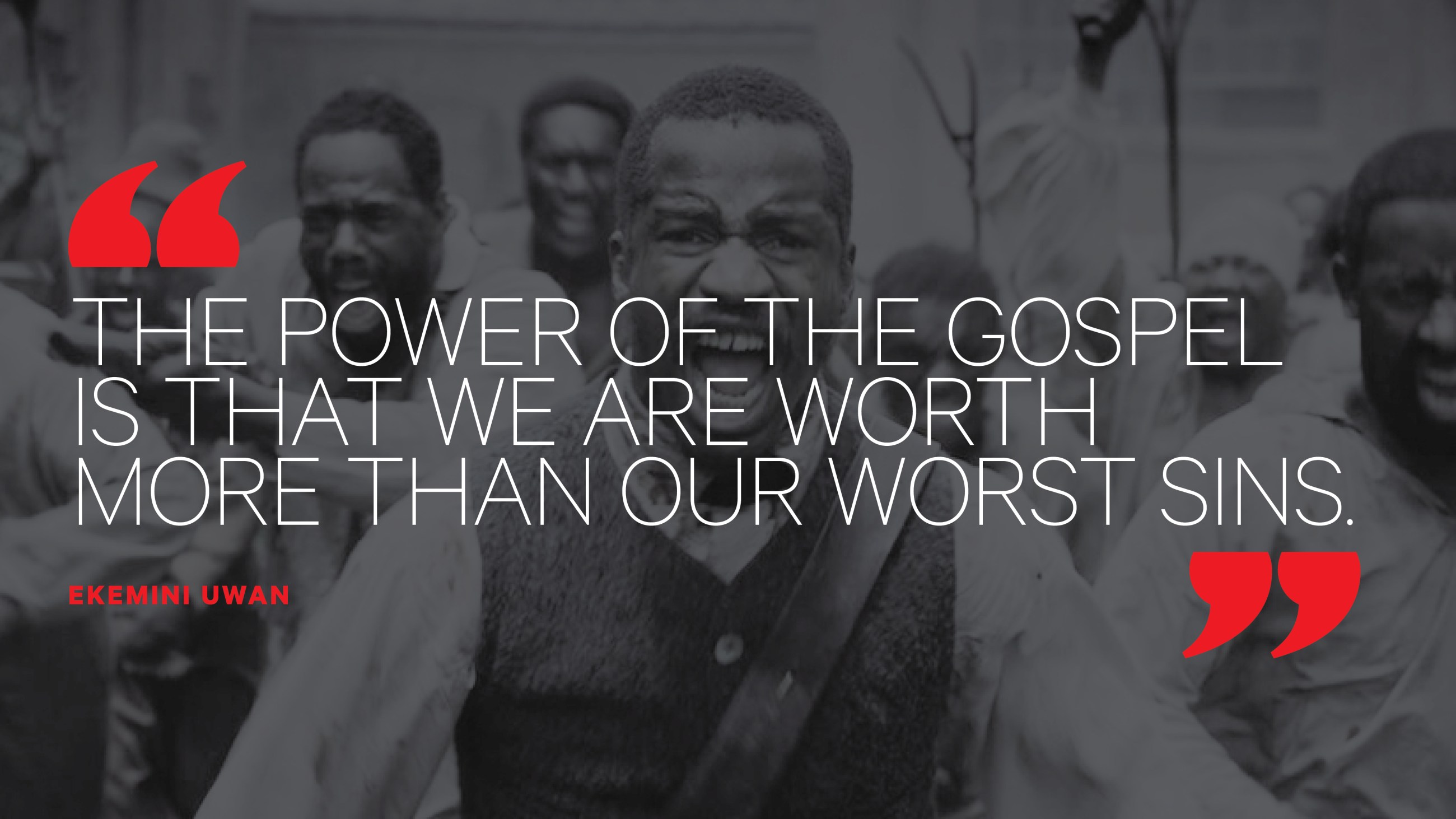In anticipation of his upcoming film about Nat Turner, a slave who led a rebellion against the system, its filmmaker and star, Nate Parker told CT that he hoped the movie would unsettle American Christians.
“[I hoped] Christians would be put at a crossroads, that this would be a moment where they have to ask themselves, Wow, this is the Word, but it's very clearly being used to oppress—Where is the line?” the Birth of Nation creator said in an interview with CT earlier this month. “I ask myself: If Christ was here, how would he react to the misuse and misrepresentation of his name and his actions? How might we be more effective in holding ourselves as Christians accountable to his actual word? I, for one, believe that partisanship should have nothing to do with the actions of Christ. You're either Christlike, or you're not.”
In the past two weeks, however, Parker has come under scrutiny after Variety reported that the woman who accused Parker and his college roommate of raping her while they were students at Penn State in the late 1990s had committed suicide. That accusation had led to Parker’s arrest and trial. In 2001, he was acquitted of the charges of sexual assault, and has maintained recently that what happened was consensual. His roommate—who is also the film’s co-writer—was convicted, but the conviction was later overturned on appeal after the accuser declined to testify for a retrial.
Along with Parker’s faith and race, the nature of the accusations and the fact that Birth of a Nation also features a sexual assault scene has caused a maelstrom of angry, sad, and conflicted reactions.
Alissa Wilkinson, Christianity Today’s chief film critic, has been a fan of the film since she saw it at Sundance.
“I certainly believe that his faith is sincere. I believe people change and mature and grow in their faith and they often look back on things that they did when they were younger in horror,” said Wilkinson.
But she’s been disappointed with Parker’s reaction—largely because Birth of a Nation’s deep understanding of systemic oppression doesn’t seem to be mirrored in the filmmaker’s responses about sexual assault.
Christians asking why Parker “should own something he did not do,” have an incomplete understanding of what Christians are called to in these situations, said Ekemini Uwan.
“I think a lot of Christians are calling for cheap grace, which is grace without truth, which is unacceptable,” said Uwan, a recent graduate of Westminster Theological Seminary. “You don’t receive salvation unless you confess sin and live in the light.”
Uwan and Wilkinson join Morgan and Katelyn this week to discuss how Christians should make sense of the allegations against Parker, how we understand the complicating role that race plays in our reactions, and whether or not we can separate the artist from his or her art.
Additional Reading
Christianity Today: A Conversation with Nate Parker about 'The Birth of a Nation'
Christianity Today: Dispatch from Sundance – ‘The Birth of a Nation’









